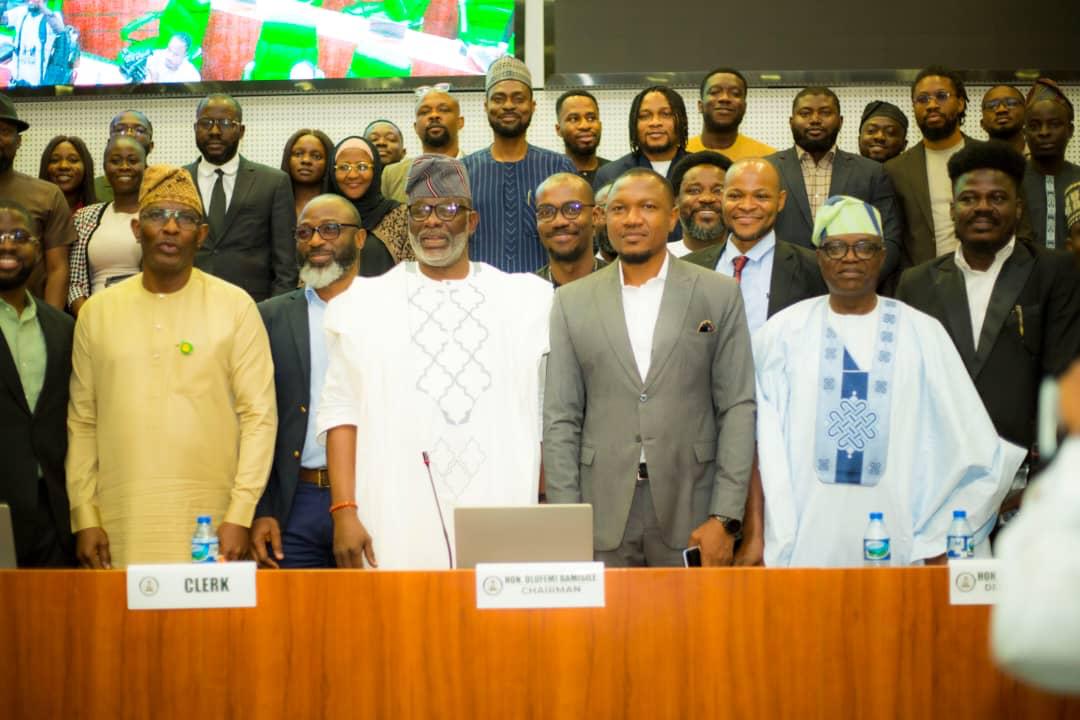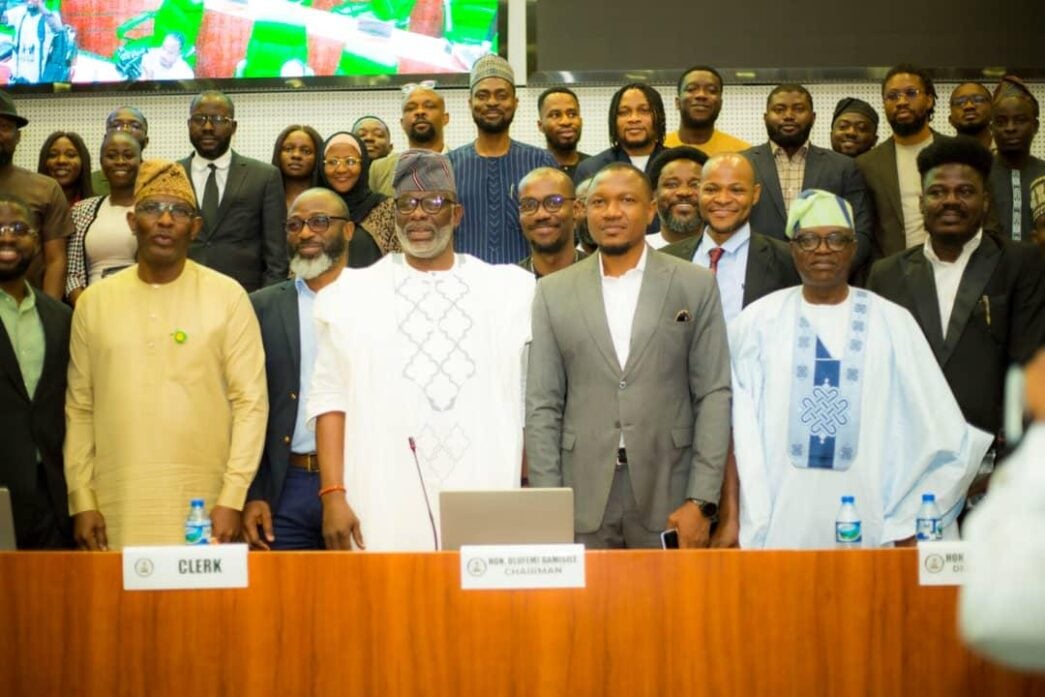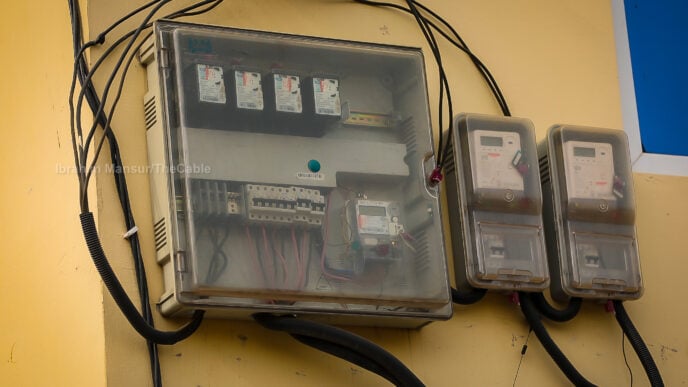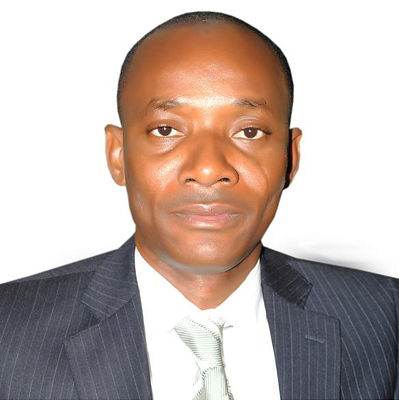The house of representatives ad hoc committee on the economic, regulatory and security implications of cryptocurrency adoption and Point-of-Sale (PoS) operations has held an extensive session with cryptocurrency operators and digital asset innovators.
The meeting, chaired by Olufemi Bamisile, chairman of the ad hoc committee, took place on Monday, at the national assembly complex in Abuja, brought together stakeholders from licensed exchanges and blockchain associations to fintech experts and regulatory representatives to discuss the challenges, opportunities, and future of Nigeria’s fast-evolving digital finance ecosystem.
In his opening remarks, Bamisile reaffirmed the house’s commitment to providing clear regulatory direction and legal certainty for the cryptocurrency sector.
“Our goal is to create a framework that supports innovation without compromising security or financial integrity,” he said.
Advertisement
“Nigeria cannot afford to lag behind in the digital economy, but our progress must be anchored on transparency, coordination, and accountability.”
The lawmaker urged security agencies — particularly the Nigerian Financial Intelligence Unit (NFIU) and the Economic and Financial Crimes Commission (EFCC) — to build technical expertise in blockchain and cryptocurrency operations.
He noted that “not every young Nigerian with a laptop and a crypto wallet is a fraudster,” calling instead for informed enforcement and training to distinguish innovation from financial crime.
Advertisement
Committee members, including Kama Nkemkama and Akinosi, echoed Bamisile’s position, pledging to ensure that the final legislative framework is fair, inclusive and consistent with global best practices.
The hearing featured robust discussions with some of Nigeria’s leading crypto and blockchain figures.
Mawahin Adams, co-founder of Nigeria Women Bitcoiners, urged policymakers to include women’s perspectives in any national digital asset policy.
Adams called for a national digital asset literacy and inclusion programme, integration of digital asset education into the National Youth Service Corps (NYSC) and school curricula, and allocation of a small percentage of regulatory fees to fund inclusion initiatives.
Advertisement
Several stakeholders urged caution in introducing cryptocurrency taxes, advising the newly renamed Nigerian Revenue Service (NRS) to adopt a gradual and incentive-based approach.
They warned that premature or excessive taxation could drive operators underground, encourage capital flight, and hinder Nigeria’s ambition to become Africa’s crypto hub.
Participants also advocated for the development of locally built regulatory technologies to help both government agencies and digital asset providers track and audit transactions.
Oye Benson, a sovereign blockchain architect, said such locally developed tools would boost Nigeria’s monetary sovereignty, enhance local capacity, create jobs, and attract foreign investment, ultimately contributing to gross domestic products (GDP) growth and diversification of the non-oil economy.
Advertisement
Stakeholders also called for a harmonised regulatory approach across agencies such as the Central Bank of Nigeria (CBN), Securities Exchange Commission (SEC), and the National Information Technology Development Agency (NITDA).
They also urged the government to invest in blockchain infrastructure and inter-agency collaboration to eliminate fragmentation currently hindering growth in Nigeria’s crypto ecosystem.
Advertisement
The committee is expected to submit its recommendations to guide the house in developing Nigeria’s first coherent legal and regulatory framework for cryptocurrency and digital finance.
Advertisement









